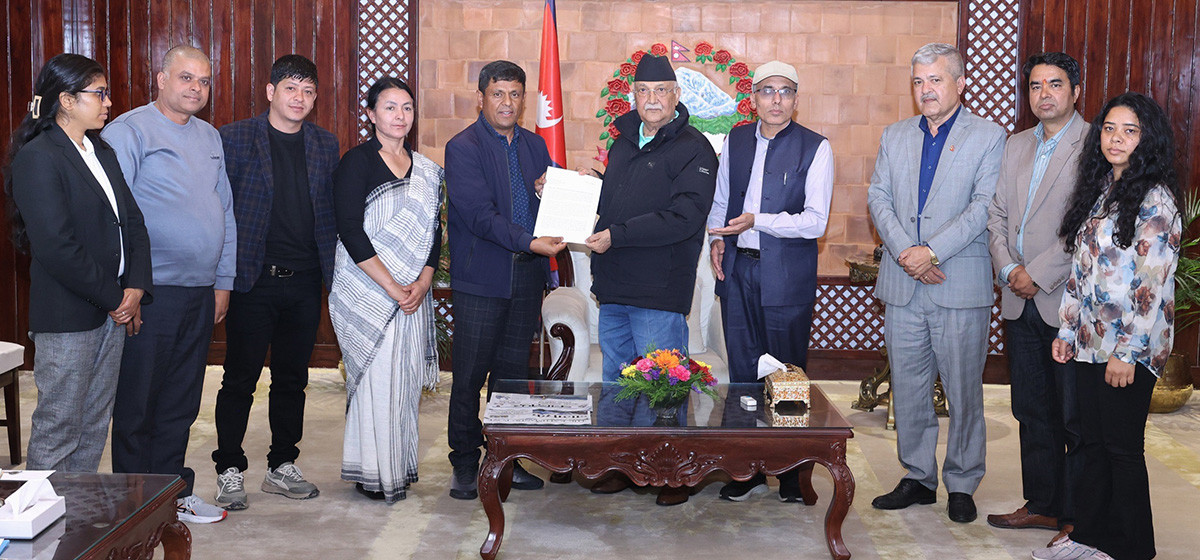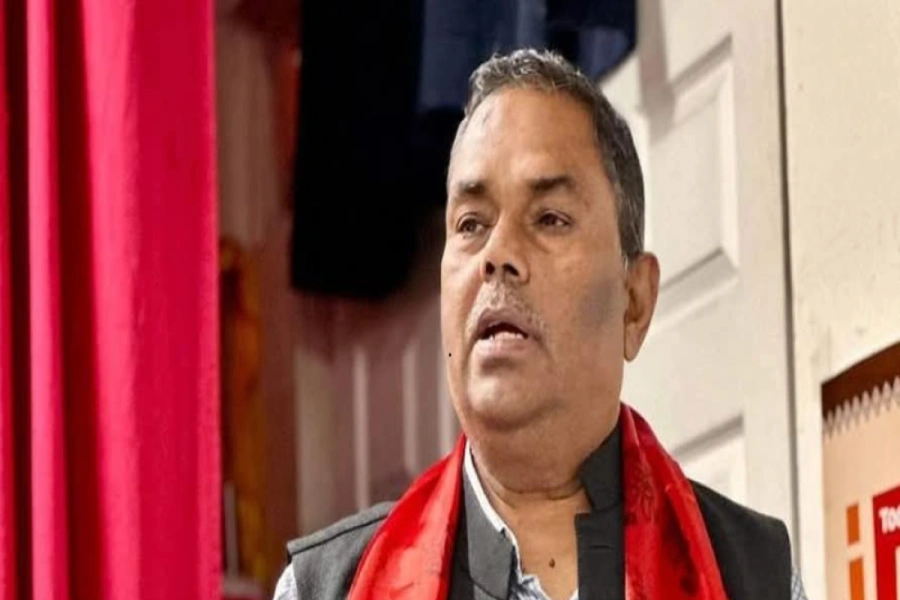ROLPA, March 3: Even though it has been more than 12 years since the decade-long Maoist conflict ended, the conflict-era victims are yet to know why their family members and relatives were abducted and killed. They have been disappointed after the ones who made their relatives fight, killed them or disappeared them took the leadership of the government repeatedly but failed to address the pleas of the victim families. After the newly formed Truth and Reconciliation Commission (TRC) and the Commission for Investigation on Enforced Disappeared Persons (CIEDP) failed to produce substantial results, the victims have been deprived of not only justice but also reparation.
Dhula Roka Magar of Theban was 40 when her husband was killed in the initial phase of the conflict. After her husband Dhan Prasad Roka, a teacher at the local school, went missing for days, a group of Maoist insurgents arrived at her home and delivered the message of his death.
“Some said he was killed in Pyuthan. Even I do not know where he was killed. I did not even receive the dead body,” she said, “They said that the army had killed him.” Dhula, a mother of three, still does not know the cause behind the death of her husband. She never knew about the decade-long conflict, the peace agreement, declaration of Nepal as a republic, promulgation of the constitution or the elections. All she knows is that drudgeries have surrounded her life ever since her husband died.
Nepal: Rights body urges govt to ensure truth, justice, and rep...

Anu Pariyar of Bahiri Gam was just four when her father Lal Bahadur Pariyar was abducted in 2002. Her childhood was shattered after her mother decided to marry again seven years after Lal Bahadur disappeared.
“The villagers tell me that all that I did all day was cry,” Anu told Republica, “After my siblings were married off, I was left alone.”
In another incident, nine men were torched to death in a house in Harjang on March 10, 1999. All of the nine were youths who were against the armed conflict. The Maoist insurgents had got a tip-off that the group was going to hold a meeting on that day and locked the house from outside before setting it on fire.
57-year-old Dilmata Giri lost her husband as well as her brother in the incident. “My husband who was injured by the fire, tried to escape the house but he was shot to death,” she said, “My brother was burnt to death.” She added that none of the dead bodies could be identified later on.
“They did not look like corpses,” she told Republica, “They looked like logs.”
None of the nine killed in the incident were rich, or landlords, or feudalists. They were not against the cause of the Maoists. The victim families have not yet been answered why their kin were torched alive. The perpetrators too have not mentioned the reason behind the incident.
There are hundreds of such families which have been inflicted pain and hardship due to the conflict and are yet unknown to the cause of their death. They remain in a dilemma after the CIEDP and TRC failed to complete their works on time.
“The perpetrators lead the government,” Shree Kumari Roka, who lost her father to the conflict, said, “These perpetrators do not support the TRC or CIEDP. They just keep on keeping the cases on hold.” The terms of the TRC and CIEDP were extended by a year on February 8, after the commissions failed to complete their tasks on time.



































